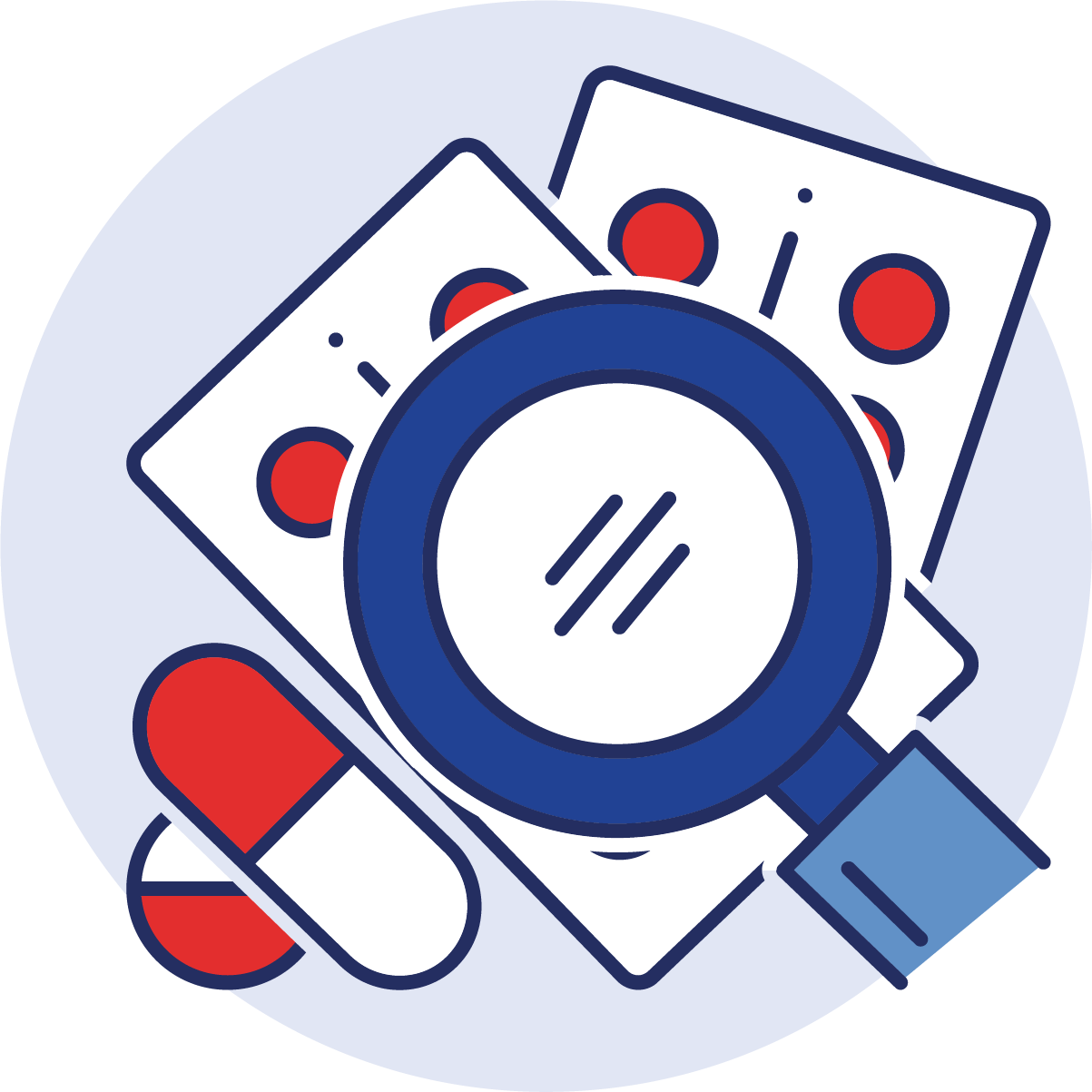Suspect counterfeit medicine? Here’s what to do about it
With counterfeit drugs on the rise, consumers need to be aware of what they should do if they encounter a medication that they suspect to be a fake.
With counterfeit drugs on the rise, consumers need to be aware of what they should do if they encounter a medication that they suspect to be a fake.
 Know your medications
Know your medications
Become familiar with the look, taste, size, shape, color, and markings of your daily medications. If there are any changes in the appearance of your medicine, this could be a sign of a counterfeit. If you smell any strange odors, it could be a sign of contamination.
Remember: Because generic drugs may be produced by different manufacturers, your generic medication may have different sizes and shapes, so be sure to check the website of the generic drug manufacturer to compare it with the medication you received.
Pay attention to packaging
Check for any signs that your medication has been tampered with. Has the container been altered? Is the seal broken or re-sealed? Does the package look different from previous ones? Check the list of active ingredients or dosage amounts. Are there spelling errors or poor print quality?
If you suspect you have a counterfeit drug, here’s what to do.
Consult your health care provider
Seek medical attention immediately if you suspect that your medication is counterfeit, even if you are not experiencing adverse side effects.
Consult a pharmacist
Pharmacists are extensively trained in being able to identify the appearance and packaging of legitimate medication.
Report counterfeit medicines
Consumers and health care providers can help stop the spread of counterfeit medicine by reporting the suspected sale of unlawful drugs to the Food and Drug Administration (FDA). To make your complaint as helpful as possible please include this important information:
To protect others from potential harm, please file a complaint with Fraud.org.
Our simple online form only takes a few minutes to fill out, and then your complaint will be immediately shared with the FDA. The FDA’s MedWatch Program is responsible for ensuring the safety and integrity of the national drug supply, and it relies on the public to help fight back against counterfeit drugs.
By submitting your claim to Fraud.org, you help us and the FDA identify fake medicines and track down criminal schemes. Play your part in helping us in our work to stamp out prescription drug fraud.
Here are additional steps you can take to fight against counterfeit drugs:
Report to FDA by phone
Your complaint submitted Fraud.org will go to the FDA, but if you would rather just make a call, you can contact them directly 1-800-332-1088. If you suspect criminal activity relating to FDA-regulated products (like medicine and vitamins), you can report to FDA’s Office of Criminal Investigations.
Report to local authorities
Notify your local authorities. You could be helping to prevent a local tragedy by alerting authorities to dangerous counterfeits in your community.
Report to your health care provider or pharmacist
Consult your health care provider immediately if you suspect that you have taken counterfeit medicine. Information from your office visit could potentially help the FDA in its efforts to stop fake drugs. Health care providers are not required to report counterfeit drugs so please ask your provider to fill out this form. If your provider is unwilling to file a report, consider requesting your medical file so that you can provide the most helpful information to the FDA when you file your complaint.
Report to the pharmaceutical company
If you suspect a counterfeit medication, alert the real manufacturer of a possible fraud issue. Don’t trust the number on the packaging; find the toll-free phone number or website for the real drug manufacturer.
Fraud.org is a project of
The National Consumers League.
info@nclnet.org
(202) 835-3323
1701 K St NW
Suite 1200,
Washington, DC 20006
© Copyright 2025. All rights reserved.
